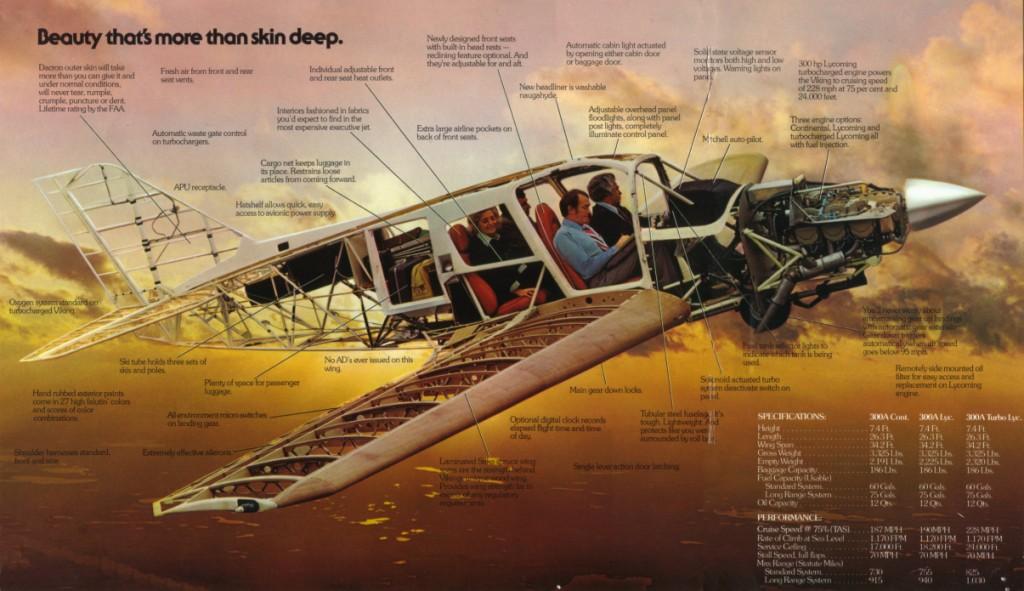I mentioned parachutes because in my 1,100 hours of flying I have had only one IFE, and a few close calls.
However, skydiving I have seen a lot of carnage happen to me, and those around me.
Jump number 25, I had my first malfunction. My rip cord was fixed in place and would not move, so I had to deploy my reserve, it opened hard and it knocked me stupid.
In 2007 damn near everyone who was involved in my training at Skydive Snohomish died when Caravan N430A crashed.
I broke my coccyx on a hard landing.
Jump 79, a girl Jennifer on the same stick as me lost controll of her main parachute and impacted the ground, hard. I worked on her the best I could until Cal STAR helicopter MeDEvaced her for the parachute landing site. She succumbed to her wounds later that night. I was still an EMT at that time.
Jump 80, I had a deployment malfunction on a main parachute from a low jump. I utilized my reserve, I saddled out ( under my reserve and flying) at about 500 feet. That was the first reserve I had packed as a new rigger, my own.
Jump 105, I went to Colorado for a coach course. We were in a 206 over Boulder, the pilot turns back and yells get the bleepty, bleeepty out of the plane. She encountered icing, it was building up quick. So the whole stick exits and we find our selfs in freefall, who knows over Boulder. We deploy parachutes at about six thousand feet AGL and one of the local jumpers motions to follow him to a lake shore. A real bad wind picked up, and I had to take a down wind landing, my other choices were power lines, a fence or other parachutists. As I am running out my landing I trip and fall and landed on a cactus. In Colorado, there are these short little things with long needles. My shoulder didn't like that.
There other dents, dings and other crap along the way.
My friend Timy Dutton a pro skier died, because someone hit him in free fall, knocked him unconscious and he impacted the ground still in freefall.
I got carted off once in an ambulance to the hospital because of a hard landing. Fortunately nothing was broken, "they just wanted to make sure" yeah, and line their pockets in process. For a ride with an ice pack and consultation with a PA that said take Motrin and ice your shoulder was 5 grand.
I have 412 jumps, 14 saves as a rigger, skydiving has literally saved my life. After a really bad break up I made 29 jumps in three days. It as the only thing with enough positive energy to balance out a very bad equation. This and other reasons are why I still jump.

